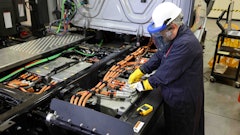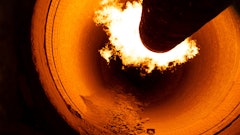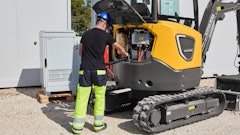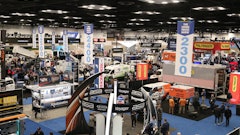
Members of the U.S. Green Building Council (USGBC) will vote on the next version of LEED (Leadership in Energy and Environmental Design) in June 2013. LEED is an internationally recognized certification system that provides third-party verification of green buildings. If approved, LEED v4 is anticipated to launch in November 2013.
LEED v4 will introduce many new programs and concepts that might be unfamiliar to building product manufacturers. Some of the most significant changes are in the Materials and Resources (MR) category, which will now offer the new Building Product Disclosure and Optimization—Environmental Product Declaration (EPD) credit. An EPD reports a product's total contributions to environmental impacts such as global warming, ozone depletion, and energy consumption. By implementing the new EPD related credit, USGBC hopes to encourage better environmental performance from building products.
In order to qualify for LEED points, an EPD must follow ISO standards and be certified by an independent third party. An EPD is based on a product's Life Cycle Assessment (LCA), which evaluates the environmental performance of the product over its entire life cycle, from raw material extraction through the end of the product's life. An EPD condenses complex LCA data into a form that is easily digestible by building and design professionals.
"Architects and designers do not have time to research lengthy LCAs when selecting products for a building," said Heather DeGrella, Director of Sustainable Education at GreenCE, Inc. "The environmental and health impacts of building products need to be conveyed in a concise and transparent manner. EPDs provide a manageable approach for designers to do their due diligence when specifying a product."
In addition to being able to contribute more points under LEED v4, manufacturers with an available EPD can use the information to improve their product's environmental performance and back up marketing claims.
"As customers continue to prefer safer, less toxic and more sustainable products, there will be fiscal incentives for companies to improve their products and manufacturing methods," said Tara Blank of Elixir Environmental, a company that develops LCAs and EPDs for building product manufacturers. "Claims of a product's sustainability are no longer enough. Customers are now demanding proof. EPDs are considered the gold standard in transparency, and are the most effective way to communicate your product's environmental performance to the public."
Building product manufacturers who develop an EPD early on will no doubt benefit from the new changes being proposed for LEED v4. Building product manufacturers interested in learning more about LCA and EPD can visit http://www.elixirenvironmental.com.
GreenCE, Inc. is the nation's leading provider of sustainable continuing education for design professionals with over 100,000 subscribers. GreenCE is an education provider for the American Institute of Architects (AIA) and the Green Building Certification Institute (GBCI). GreenCE develops online, face-to-face and video continuing education courses.
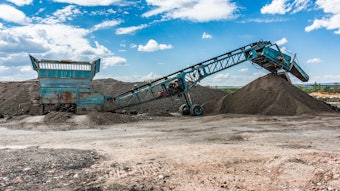
![Img 1707[56]](https://img.forconstructionpros.com/files/base/acbm/fcp/image/2023/04/IMG_1707_56_.6437076c97961.png?auto=format%2Ccompress&fit=crop&h=191&q=70&rect=0%2C462%2C1920%2C1080&w=340)








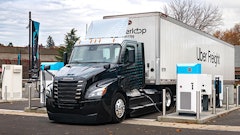
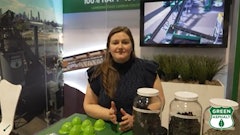


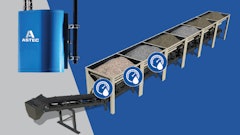



![Glp Porsche 072723 465 64ee42287c29e[1]](https://img.forconstructionpros.com/files/base/acbm/fcp/image/2024/03/GLP_PORSCHE_072723_465.64ee42287c29e_1_.65e88b8589b9c.png?auto=format%2Ccompress&fit=crop&h=135&q=70&rect=0%2C520%2C2250%2C1266&w=240)
